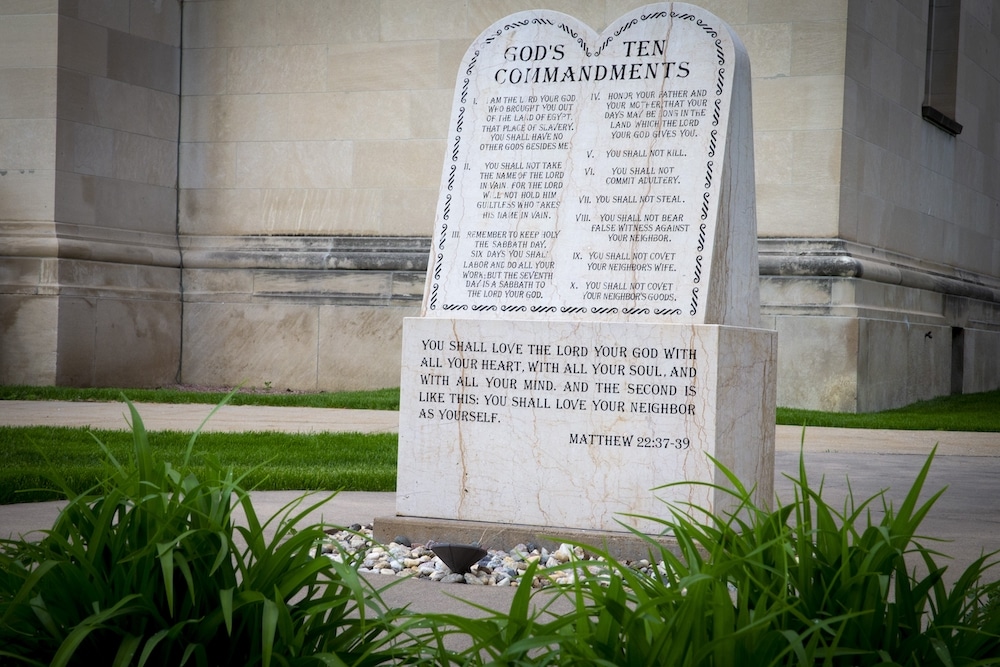Jesus said to his disciples: “If you love me, you will keep my commandments.”
Friends, I invite us to reflect this Sunday on these words of Christ to us, his disciples. I invite us to reflect on these words in particular first because they can be a little irksome at first blush (“If you love me, do as I say…”), but with greater reflection reveal an intimate life of divine-human love.
Let us start with the irksome bit. It has a history in the Book of Exodus. In Exodus, God leads the people of Israel out of slavery in Egypt to a life of freedom in the surrounding wilderness. As we celebrate in Sunday’s psalm, God changed the sea into dry land; through the river, they passed on foot. Having crossed the Red Sea on foot, God leads Israel to Mount Sinai. There, God tells Israel, “Now, if you obey me completely and keep my covenant, you will be my treasured possession among all peoples, though all the earth is mine” (Ex 19:5).
| May 14 – Sixth Sunday of Easter |
|---|
|
Acts 8:5-8, 14-17 |
Since antiquity, the rabbis (Jewish teachers of Scripture) have interpreted this moment at Mount Sinai as a wedding. For Israel, this was the moment in which God “wed” himself to his people. It was an intimate moment within their history: you will be my treasured possession! This intimate moment is paired with the giving of the covenant, of God’s commandments. They seem, in this situation, almost like a wedding gift. Who gives a Law for a wedding gift?
Well, God does! And, in fact, we all do!
Just think about marriage: it is a new way of life. It is a covenant and it has its rules. These rules give shape to the new life of the married couple, distinguishing it from their previous ways of life. Here are our Catholic wedding vows:
“Do you take (name) to be your husband? Do you promise to be faithful to him in good times and in bad, in sickness and in health, to love him and to honor him all the days of your life?”
The famous, cherished words of response are simply, “I do.” In marriage, we promise to follow a way of life that is faithful in all circumstances and that honors our spouse all the days of our lives. In short, we promise to live a life of fidelity, to live as a treasured possession, guided always by the ways — or the “law” — of love.
In the Book of Exodus, the people respond with “I do” by building a tabernacle for God. Each Israelite, as his heart prompted him, contributed to the building of God’s tabernacle (cf. Ex 35:5). And God came to dwell among them: “Then the cloud covered the tent of meeting, and the glory of the Lord filled the tabernacle” (Ex. 40:34).
In the New Testament, God again tabernacled himself. The Holy Spirit overshadowed Mary, and the Word became flesh. In the Incarnation, we received a deepening of God’s intimate life with his people. The divine and human were wed in Christ’s very person! And Christ offers this intimate life with God to us with just one commandment: “That you love one another; just as I have loved you, that you also love one another.”
Here, Christ lays out the law of love for us to follow. “If you love me, you will keep my commandments.” If we love Christ and enter into the intimate relationship that “he himself is,” we will love as Christ loves. Christ’s love will become our new way of life.
And then a most beautiful indwelling will happen: “On that day you will realize that I am in my Father and you are in me and I in you.”





